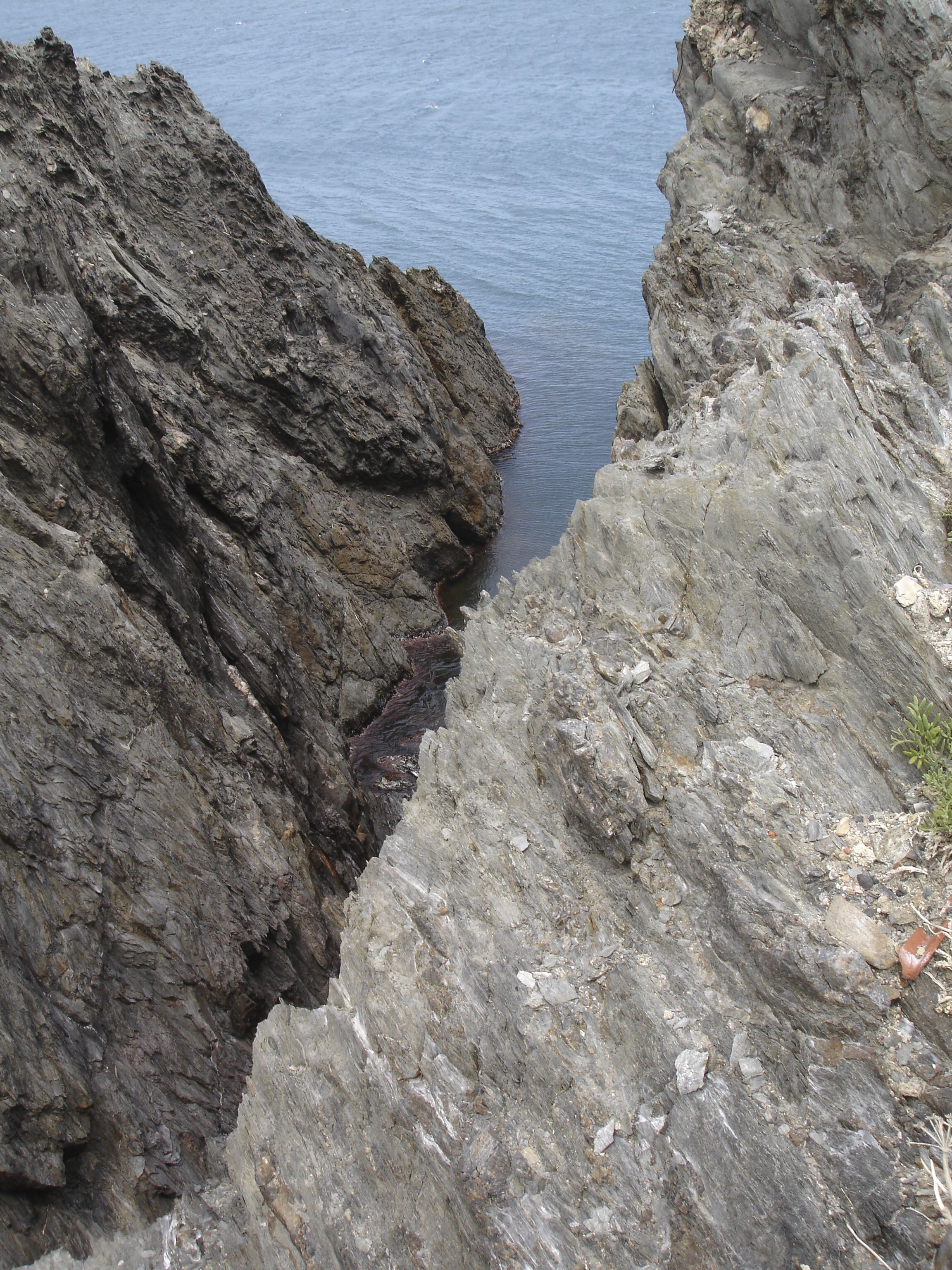“Wuthering Heights is the name of Mr Heathcliff’s dwelling, ‘Wuthering’ being a significant provincial adjective, descriptive of the atmospheric tumult to which its station is exposed in stormy weather. Pure, bracing ventilation they must have up there, at all times, indeed: one may guess the power of the north wind, blowing over the edge, by the excessive slant of a few, stunted firs at the end of the house; and by a range of gaunt thorns all stretching their limbs one way, as if craving alms of the sun.”
Wuthering Heights, Emily Brontë
Wuthering is the word that played in my head one day in May as I walked along the cliffs beside the Mediterranean, in winds strong enough to blow me over the edge. I was alone up here for half an hour until defeated by howling gusts. The wilder the wind blew, the more scenes I recalled from Brontë novels where heroines wander in windy places. This isn’t the English moors, but these cliffs gave me nonetheless a Gothic taste of desolation with a hint of fear. At least on the moors there is no jagged edge to tumble over.


Before you leave, click here to see Ailsa’s photos of places where the wild things are.







